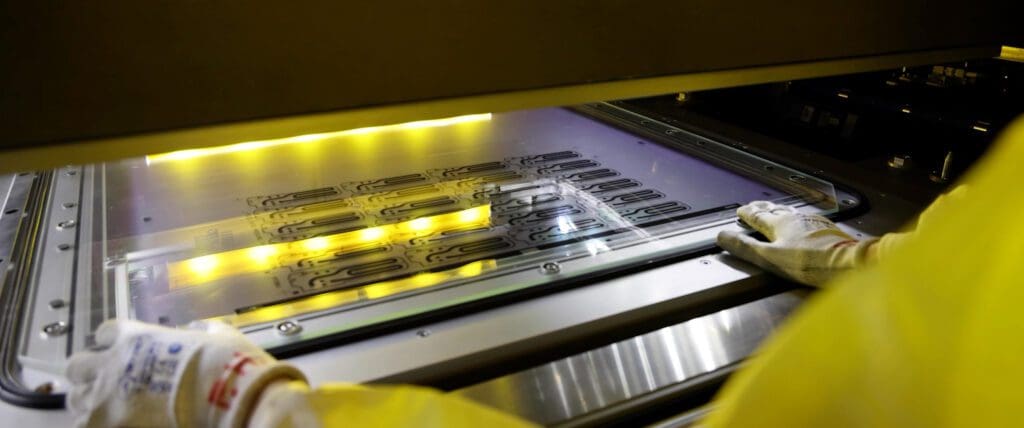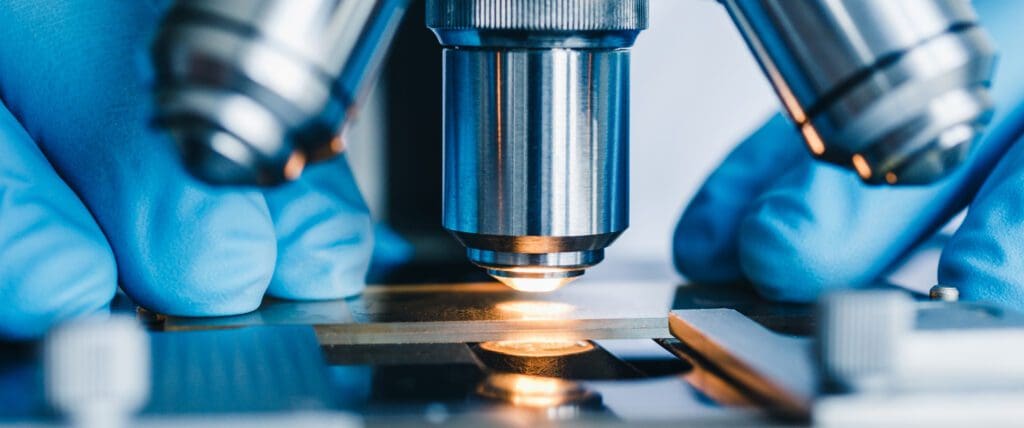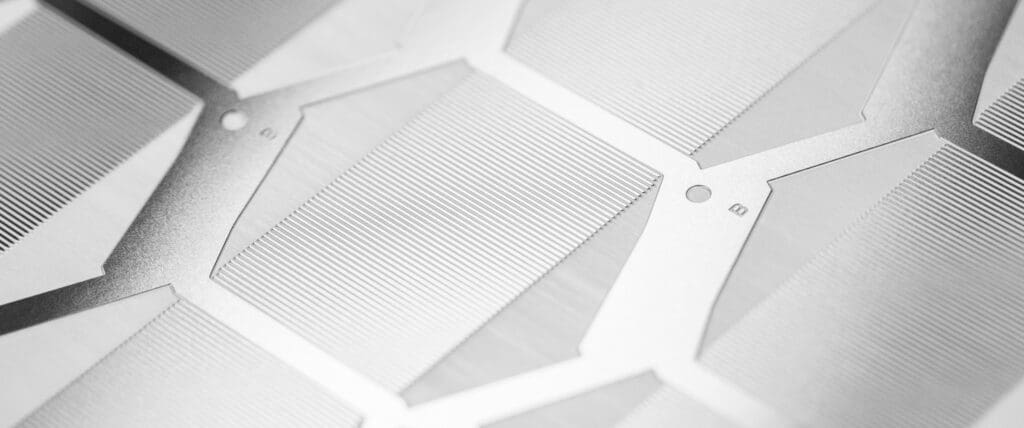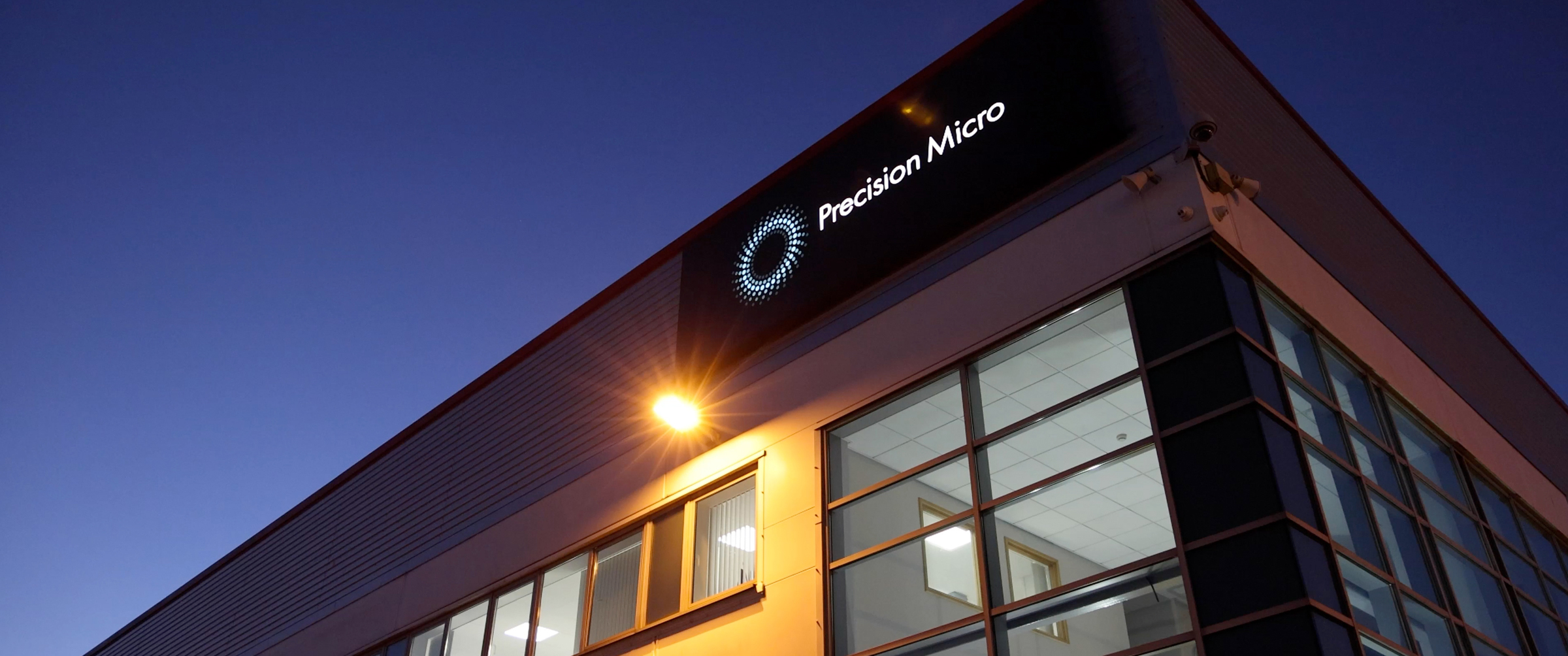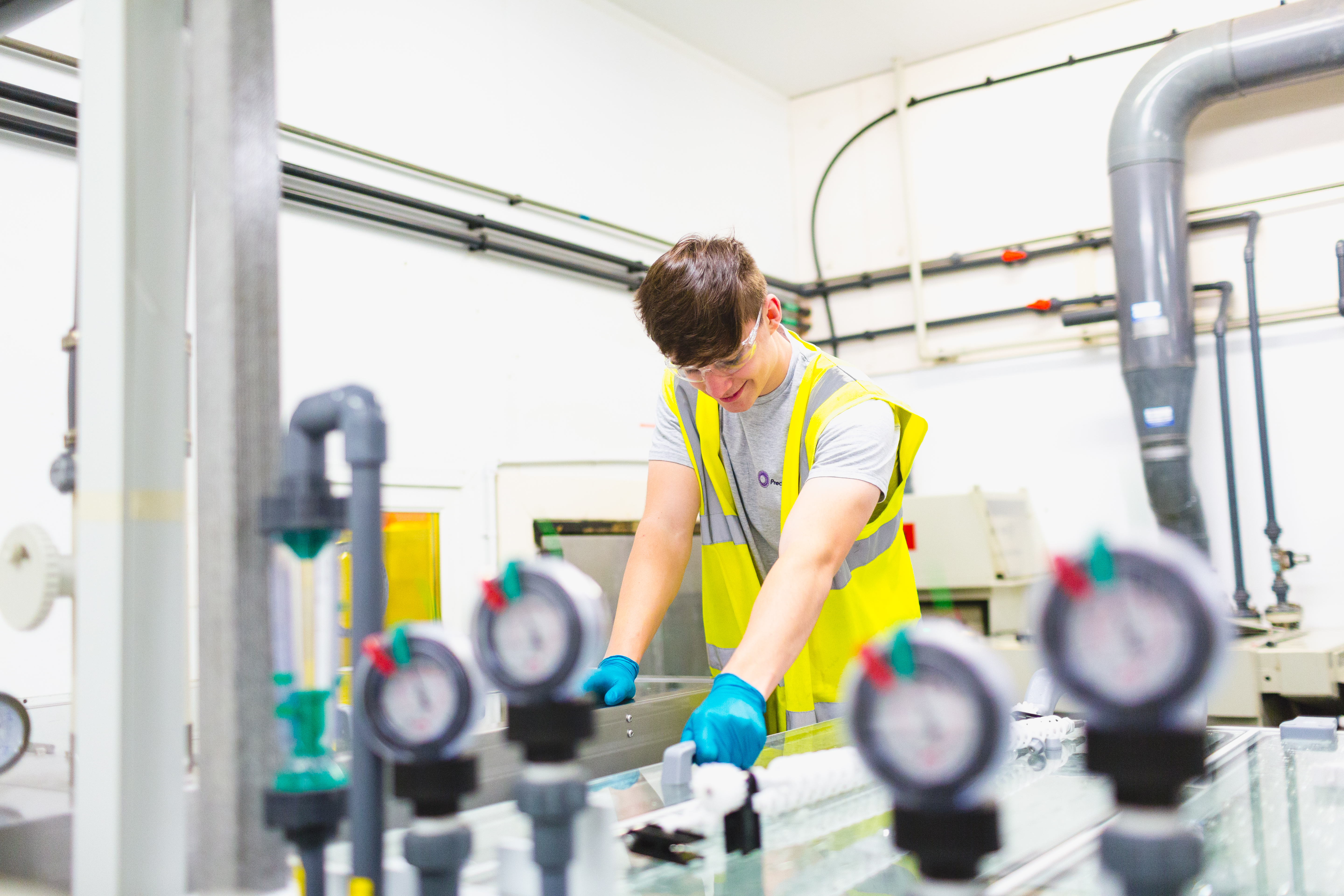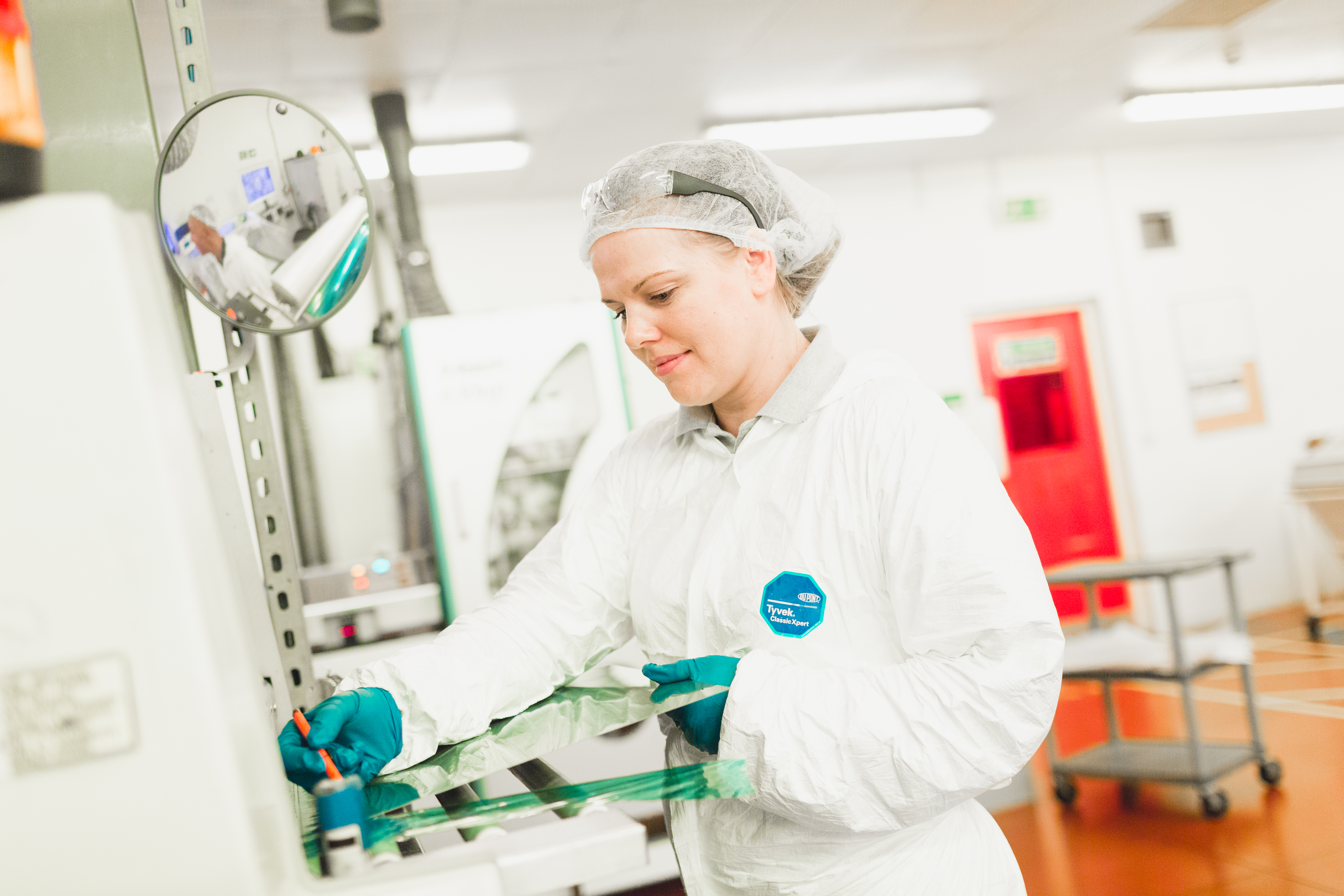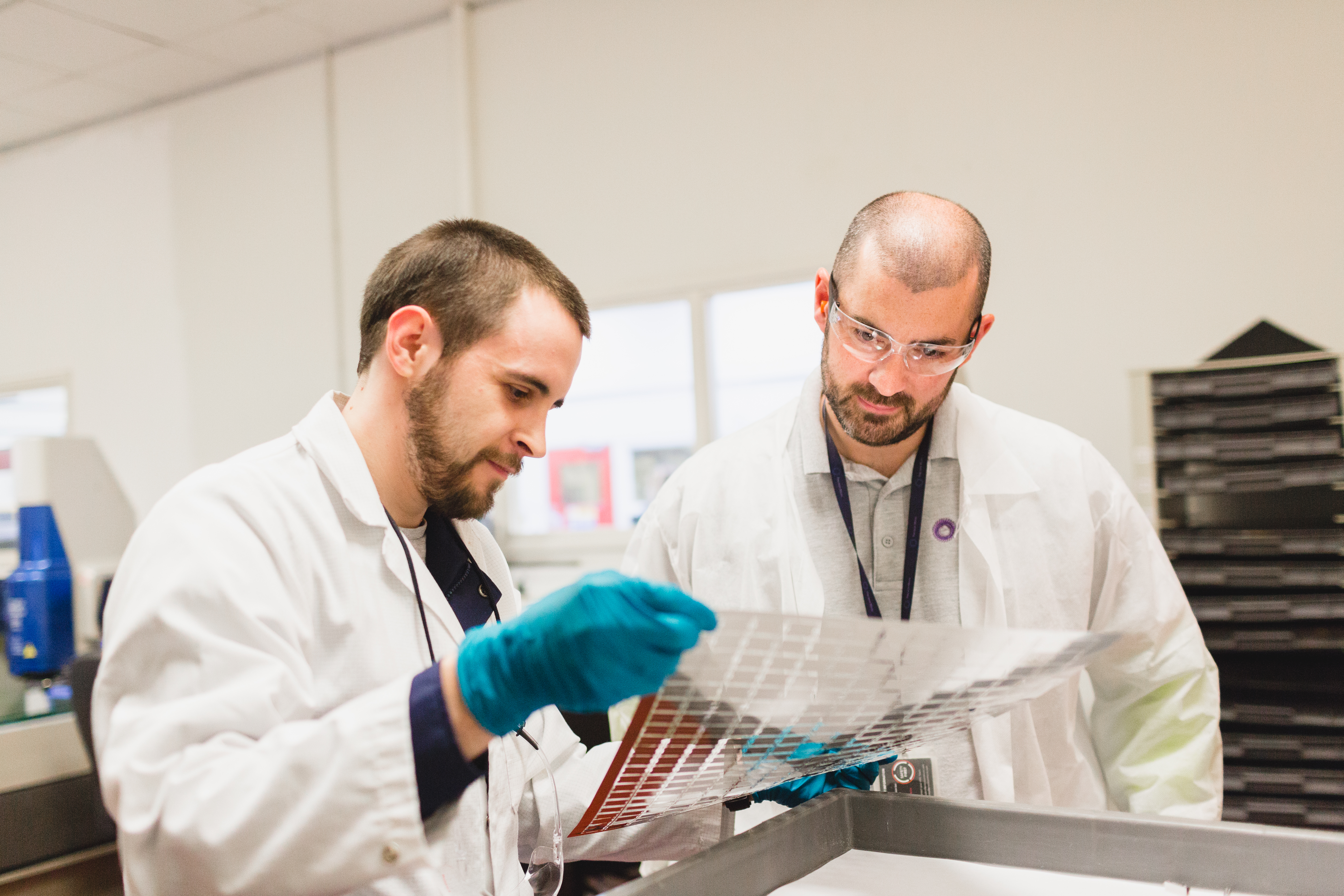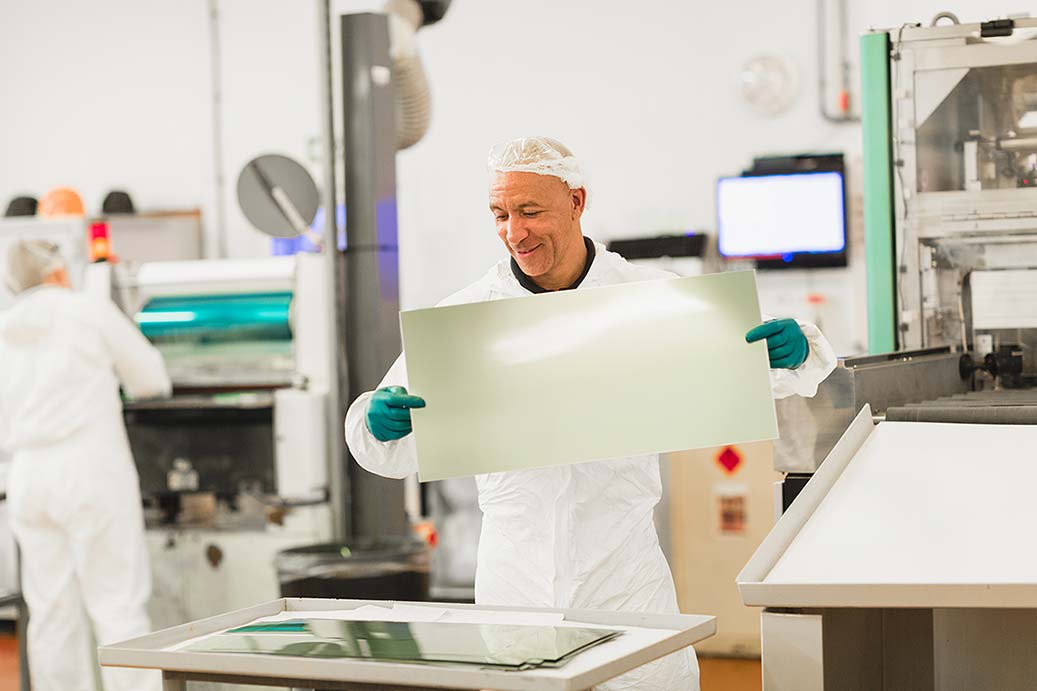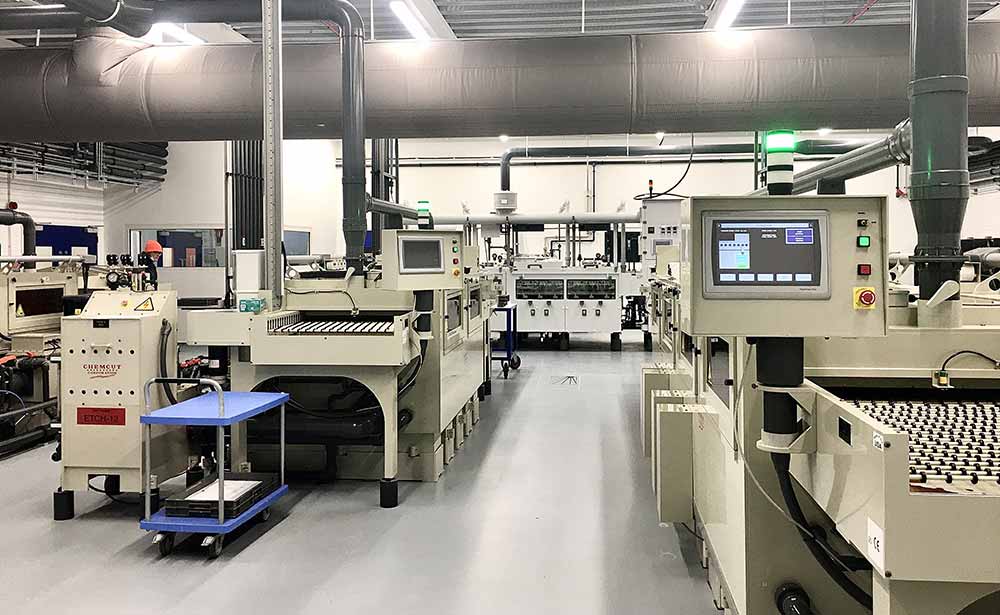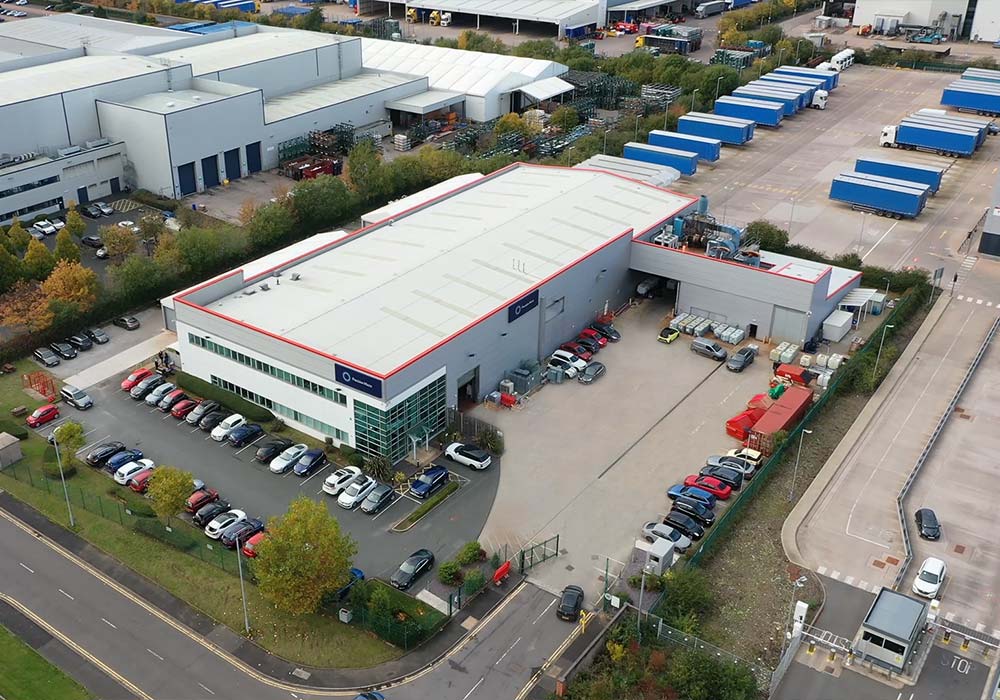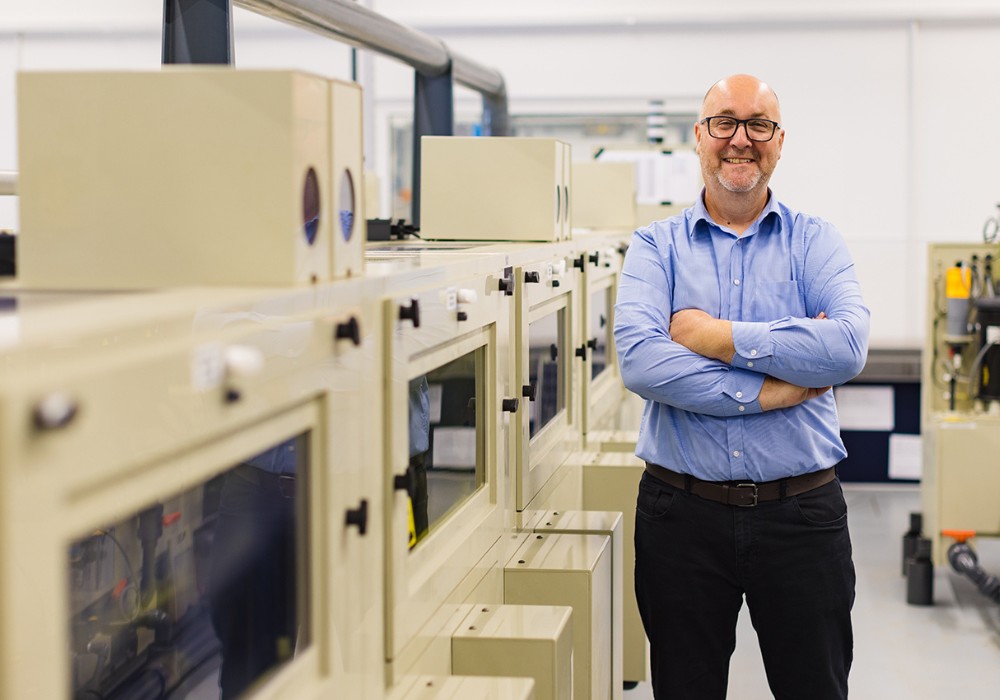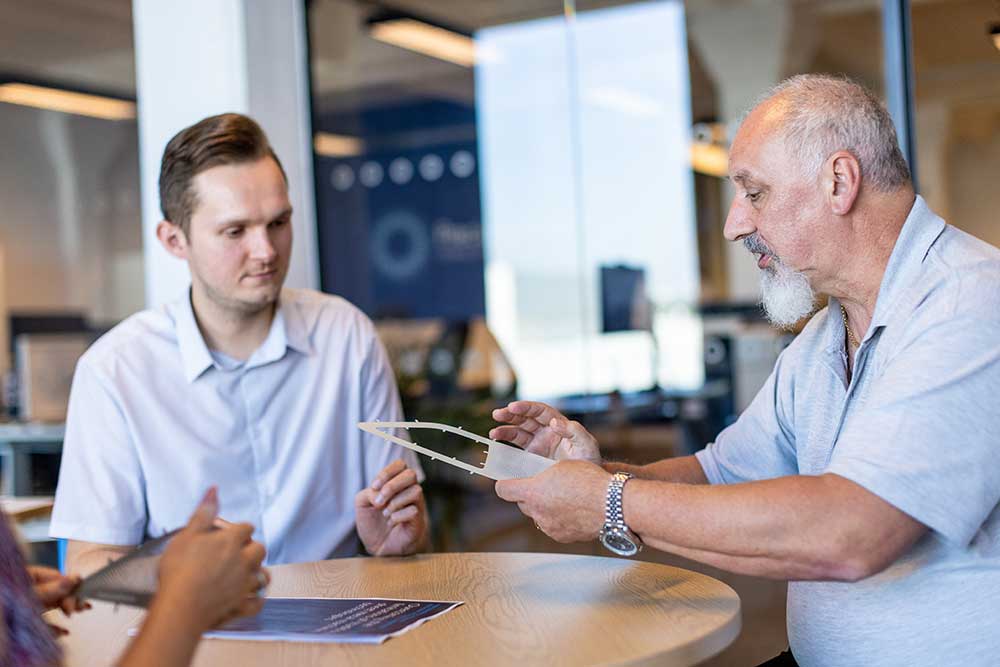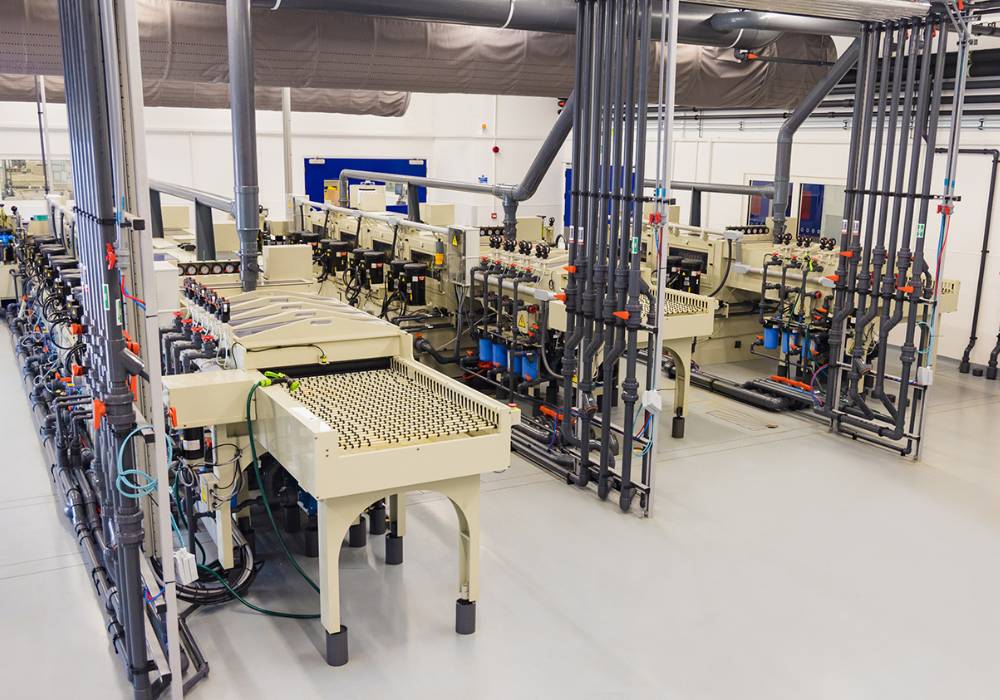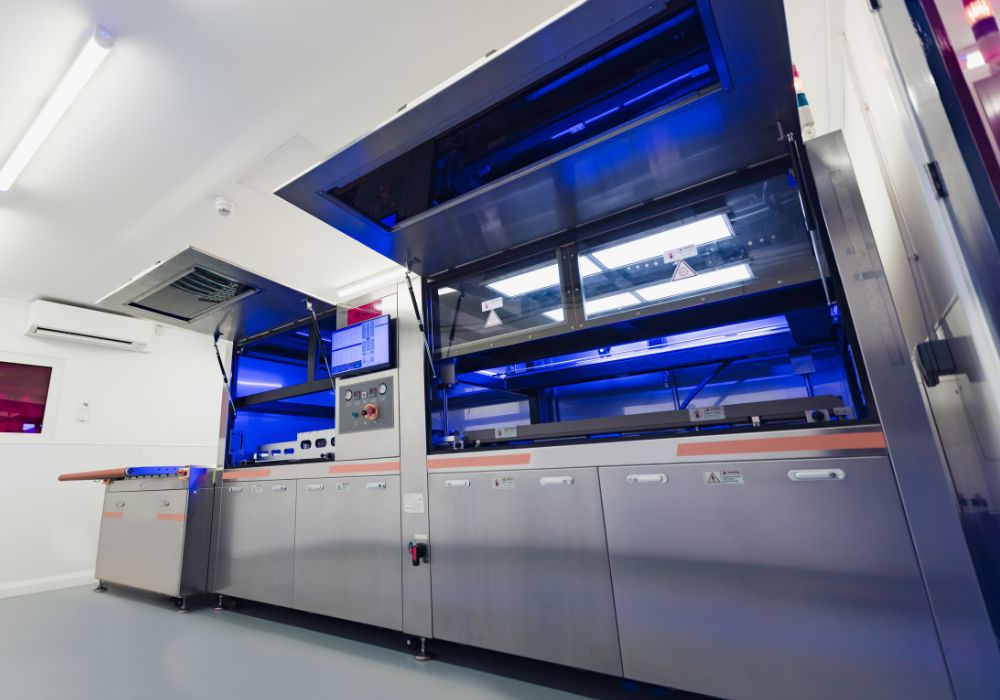About Us
With cutting-edge photochemical machining technology, we cater to the diverse needs of industries worldwide.
Contact Us BrochureFast, reliable & precise chemical etching service
Precision Micro stands as one of the most prominent and well-established chemical etching companies globally. Headquartered in the UK since 1962, our pioneering chemical etching service allows us to produce millions of precision-etched components that enable a wide range of product applications for high-tech industries.
Our values
Meticulousness
Precision is everything we do – focus, attention to detail and unwavering care about results
Intelligence
Innovation begins with intelligence in solving customer challenges for a better today
Creativity
We go beyond science – combining it with curiosity, artistry, consistency, accuracy and reliability
Resolve
We love a challenge, whether a business one or a manufacturing one, and don't stop until it's solved
Ownership
We have autonomy in what we make – and we make it better, with pride and commitment to fair play
Our Chemical Etching Service
Years of chemical etching know-how
Square meters state-of-the-art etching plant
Million components produced each year
Countries supplied globally
Material variants held in stock
Tonnes of metal processed each year
We continuously invest in advanced technologies to add value to our chemical etching process. With the largest capacity for sheet metal etching, our facility spans 44,000ft² (4100m²) and accommodates over 2,000 material variants. This extensive capability enables us to provide a fast, reliable, versatile and affordable manufacturing service that meets exacting specifications.
Learn more about our service
Solutions for leading industry names
Precision Micro takes pride in being the preferred choice for industry-leading companies, who rely on chemical etching for precision manufacturing, free from the constraints of traditional sheet metal machining.
With a global presence, we actively support innovation for engineers in over 30 countries.

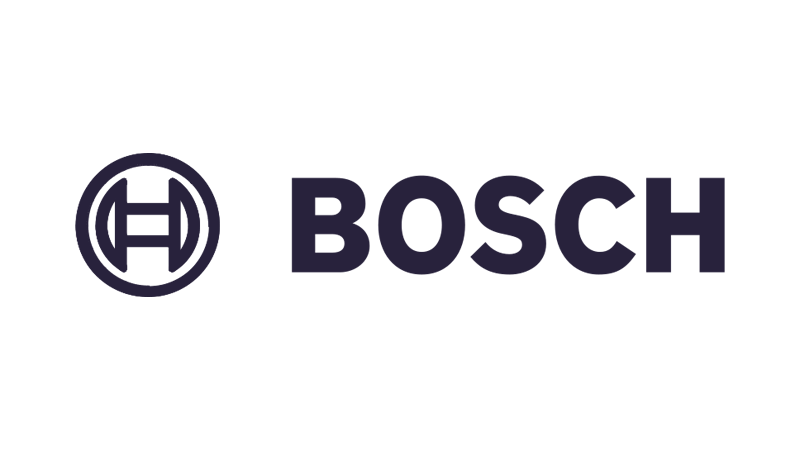
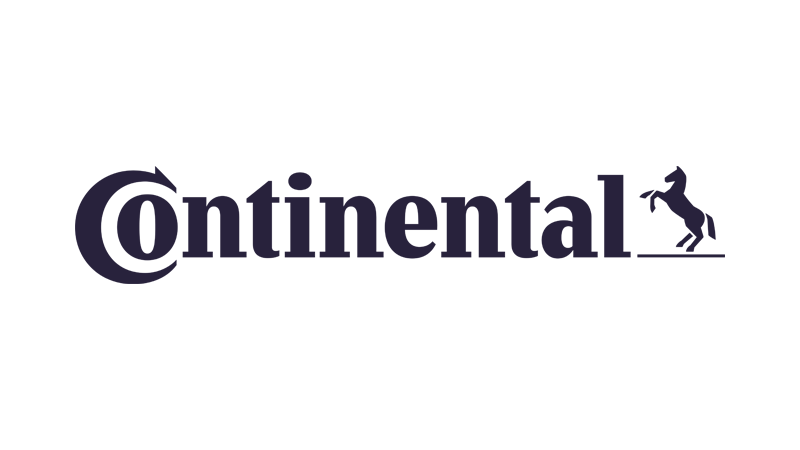
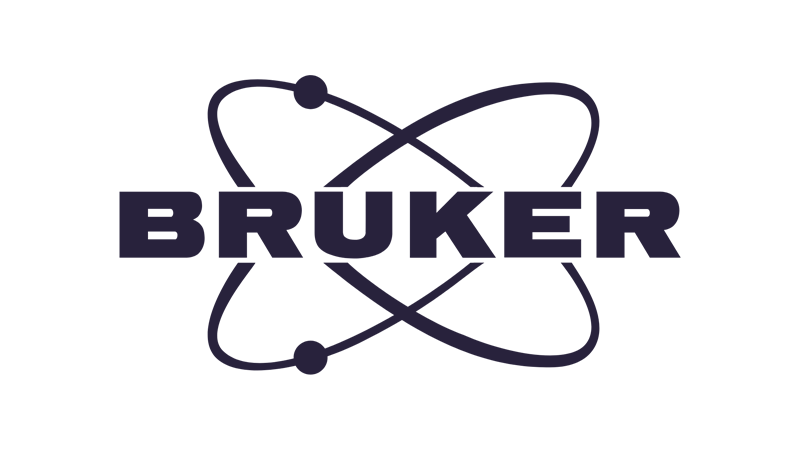
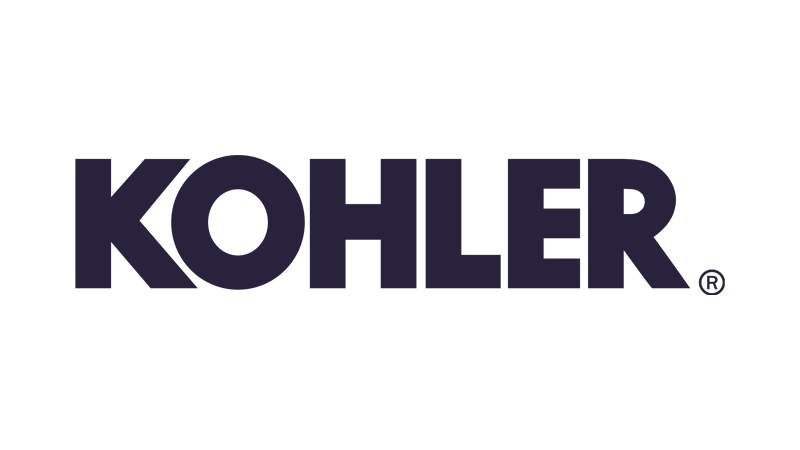
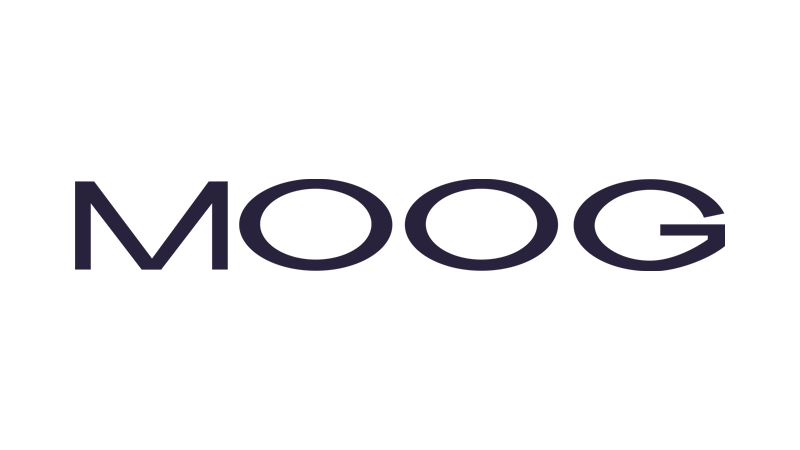
Why Partner With Us

Unrivalled know-how
We have pioneered chemical etching for over half a century, setting the standard for accuracy and repeatability.

Proven capability
We are accredited to AS 9100, IATF 16949 and ISO 14001, supplying components to the highest industry benchmarks.

Highest production capacity
Our state-of-the-art chemical etching plant offers the largest sheet etching capacity.

Specialists in hard-to-machine metals
We specialise in etching the metals others find too challenging to process.

Wide range of materials
We stock the widest range of standard and specialist material types.

Global support
We have sales offices in locations that enable us to respond quickly to customer requirements.
Company Brochure
Learn more about Precision Micro and our pioneering chemical etching process.
Download